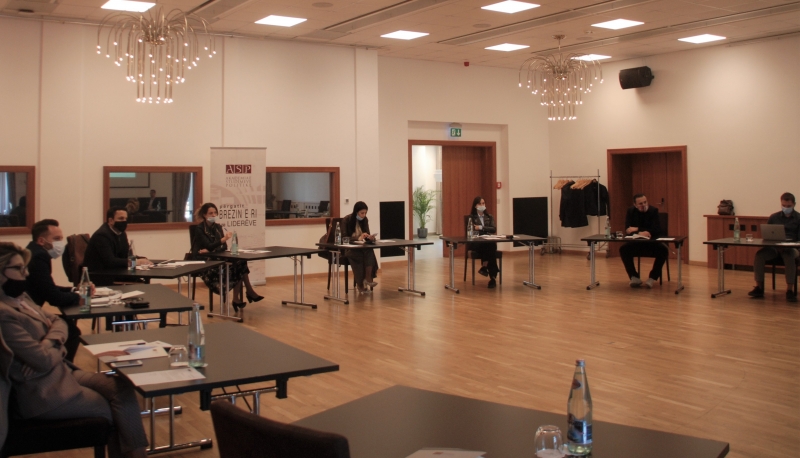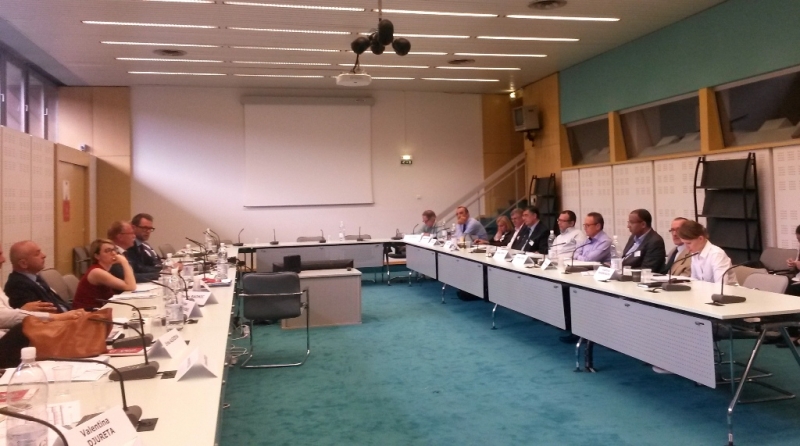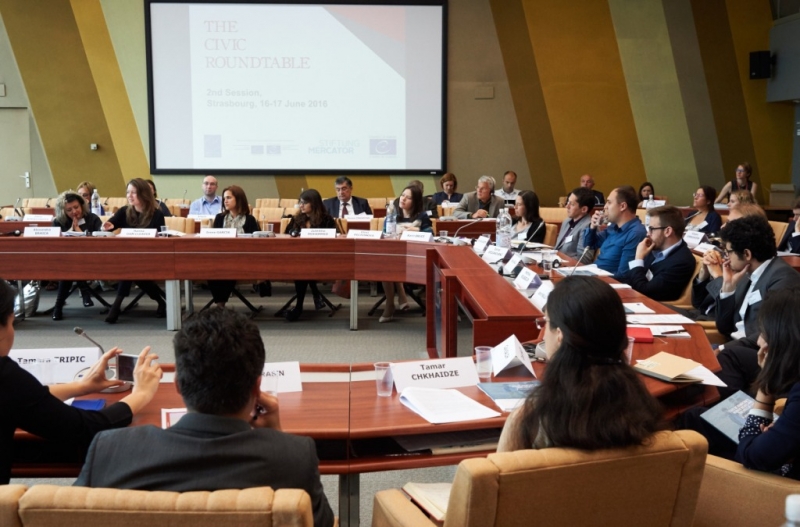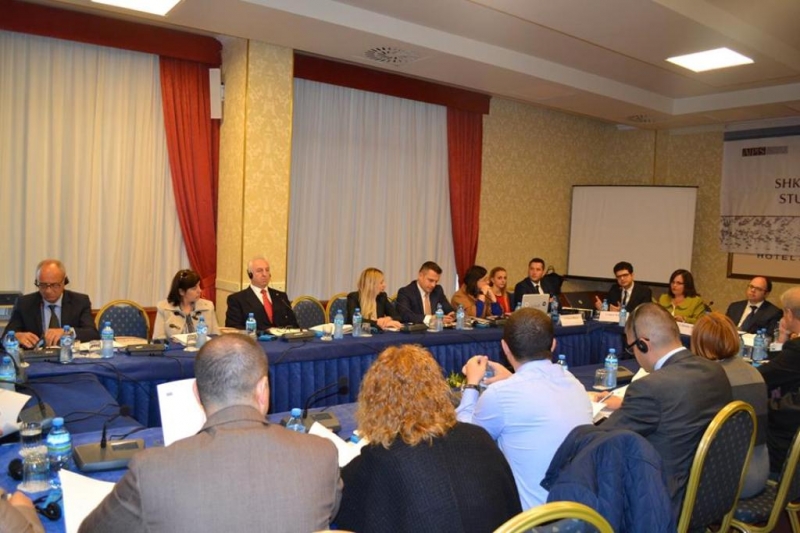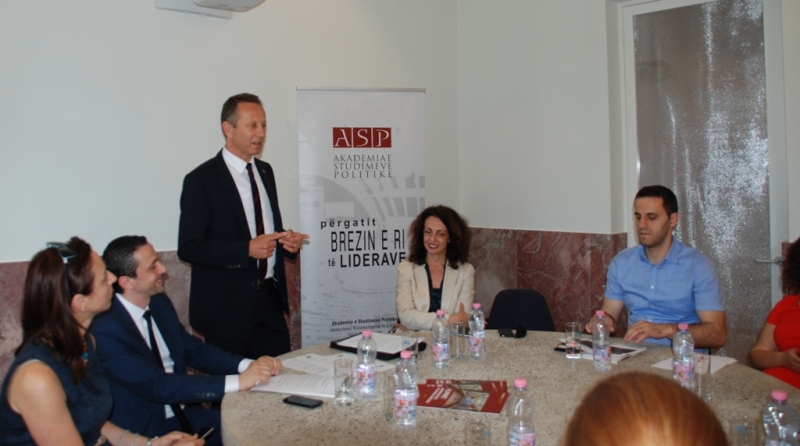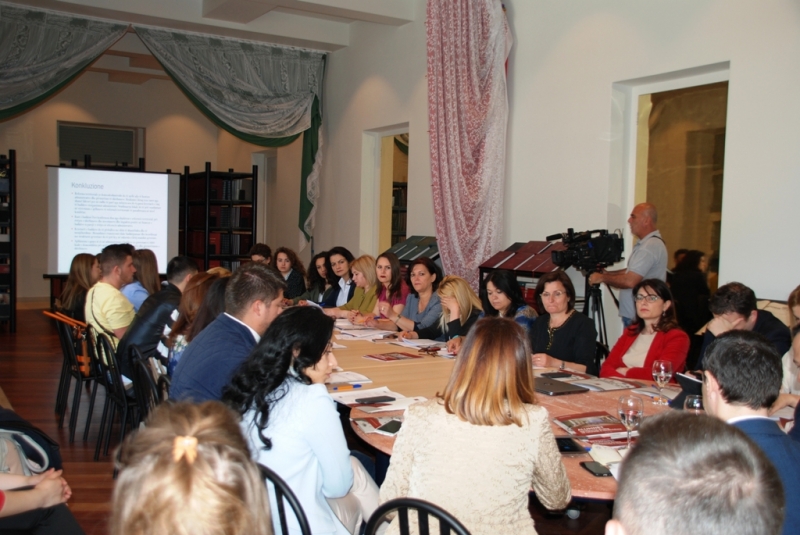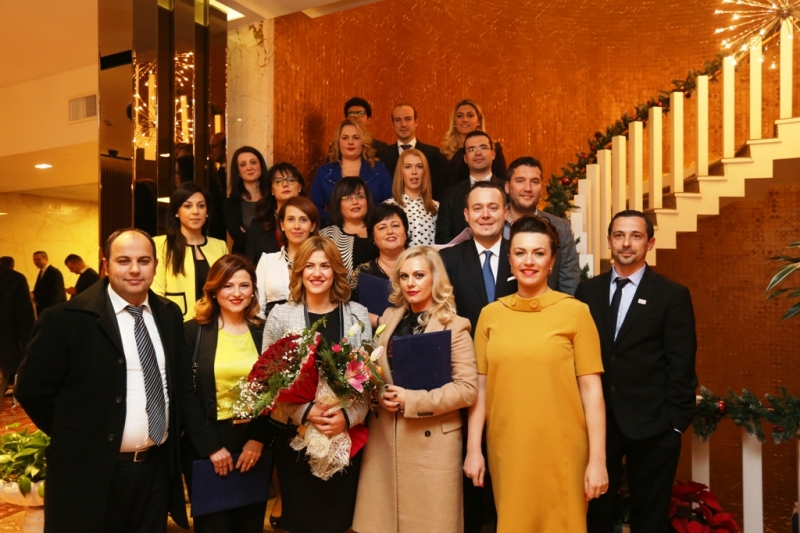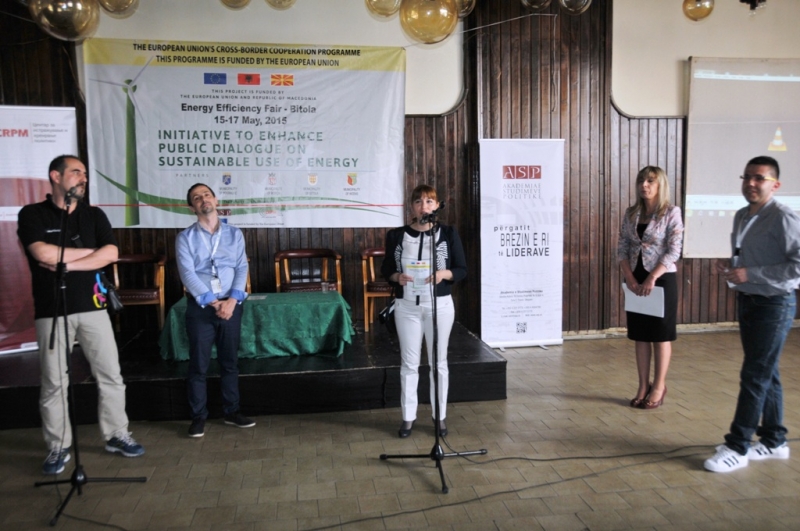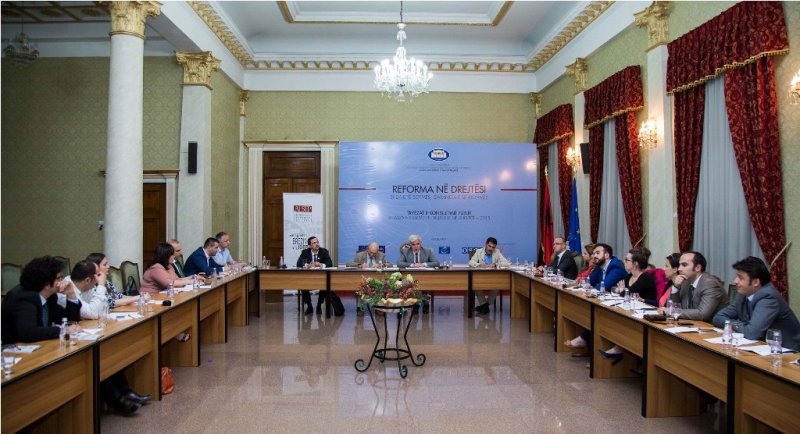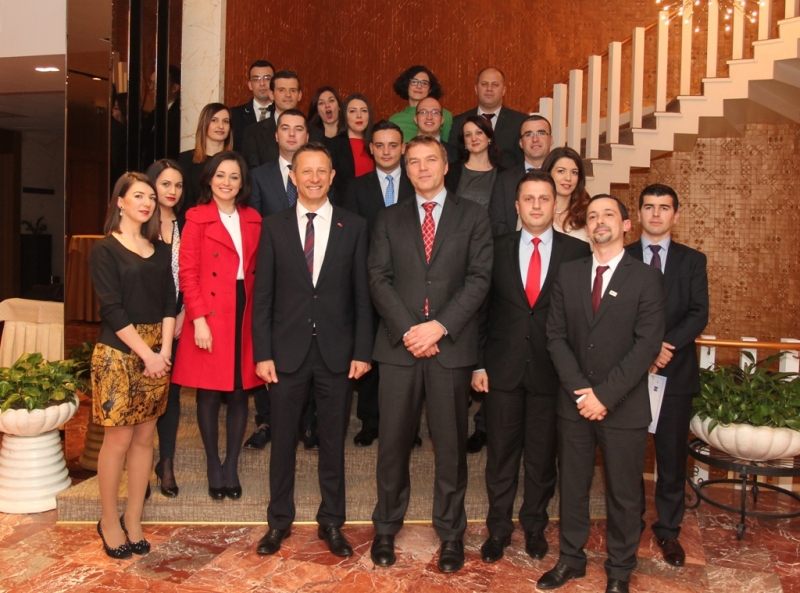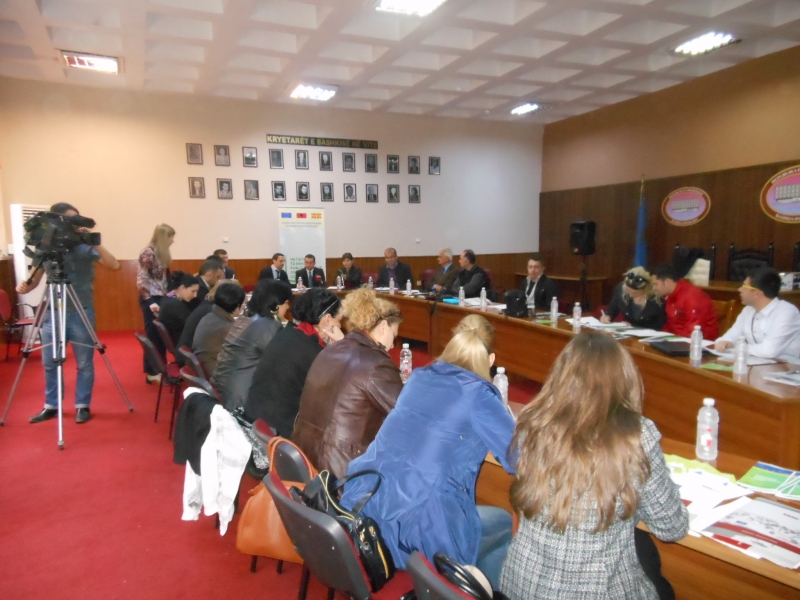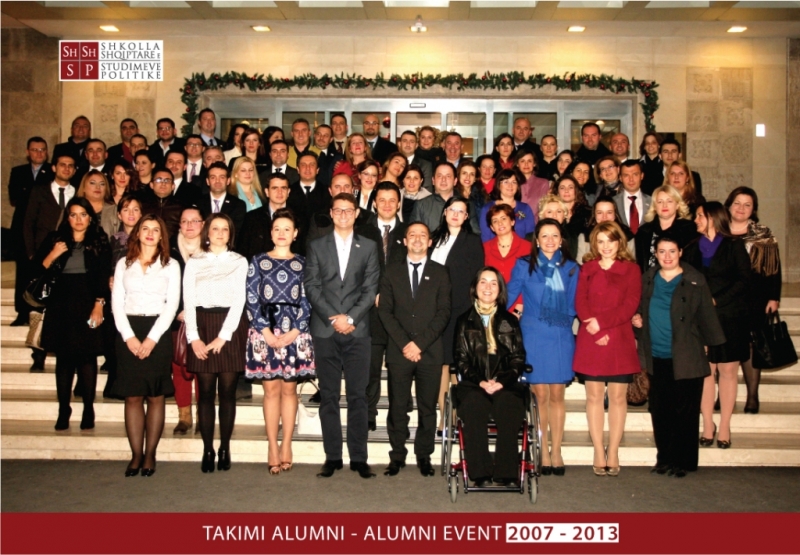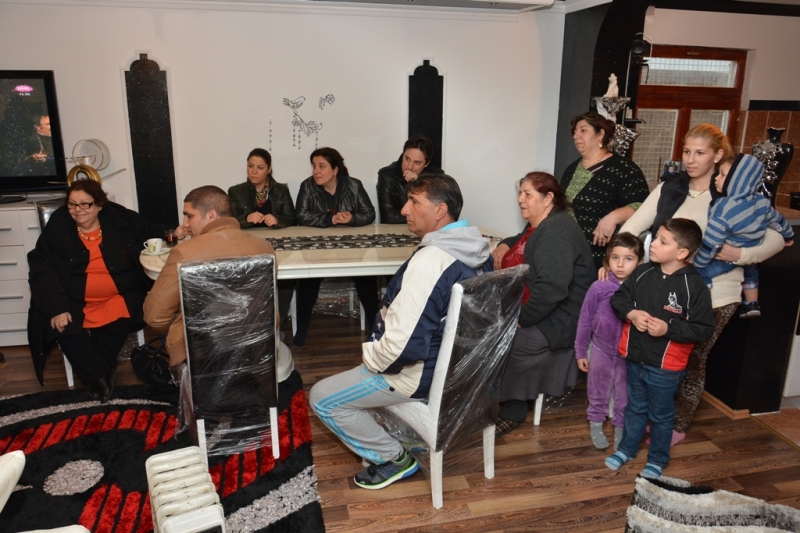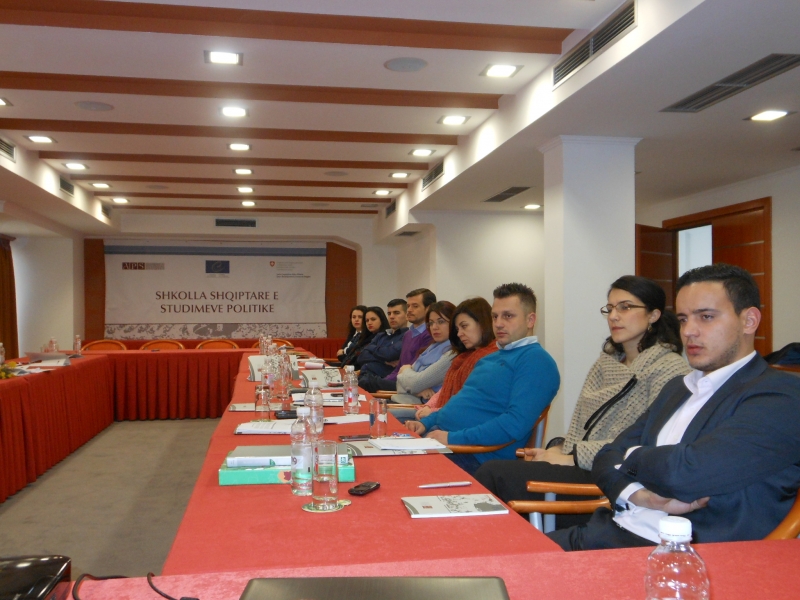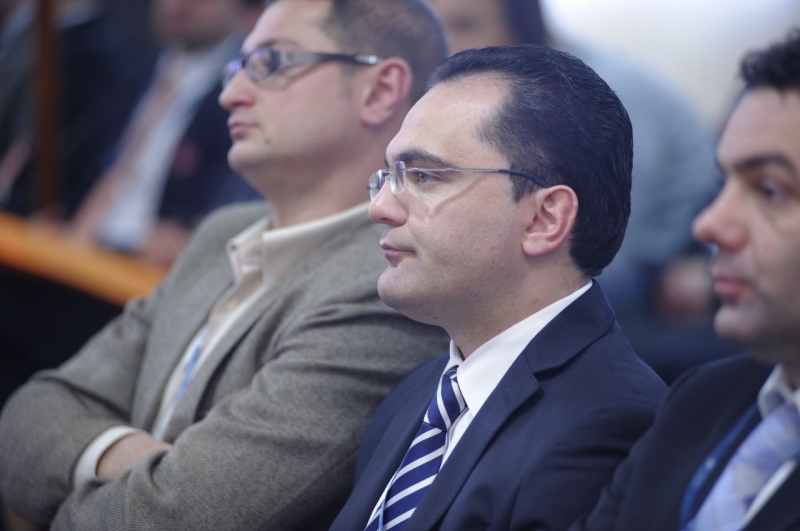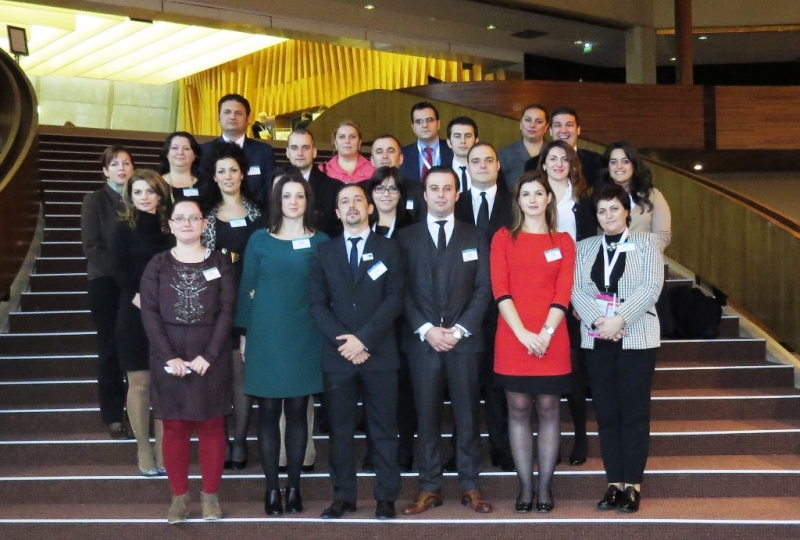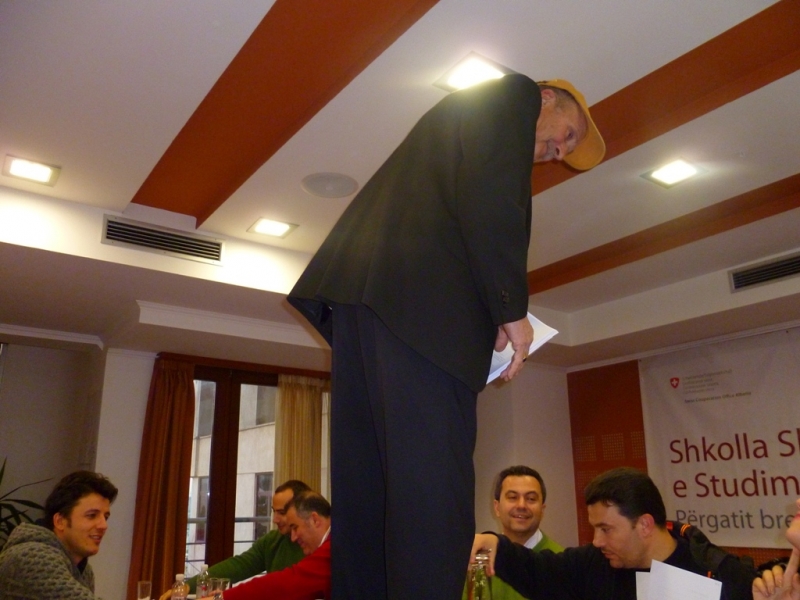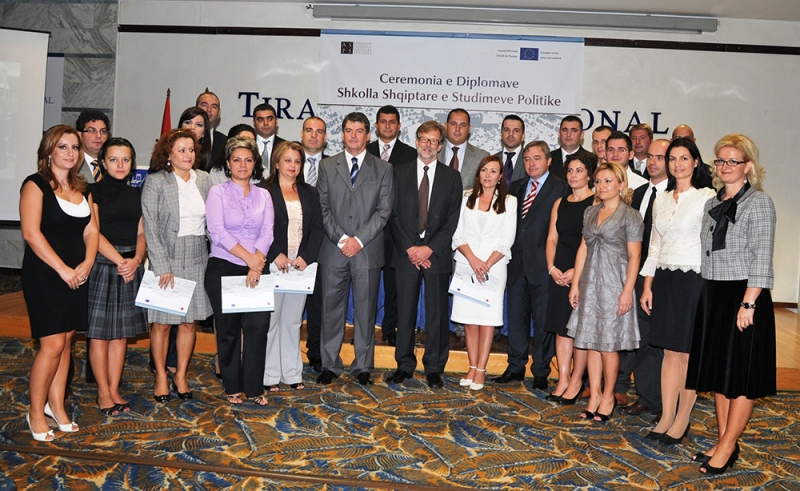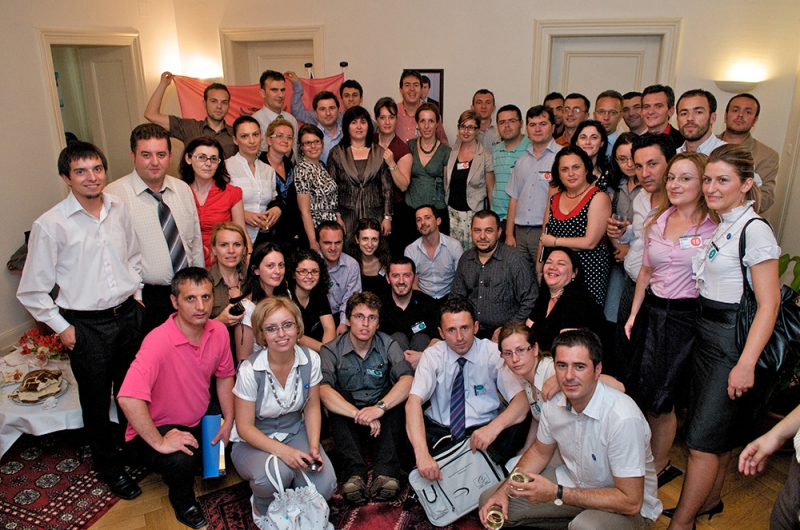Saturday, June 04, 2016

Does the direct democracy leads to a different type of communication among citizens and also between citizens and representatives; with the result that politicians have less leeway to pursue their personal interests and citizens also feel more responsible for their community? Should these direct democracy might be implemented on main reforms process in Albania as results of failure of political leaders to reach consensus on key reforms? These questions were discussed on the open session with the ambassador of Switzerland in Albania, Mr. Christoph Graf, held on 3 June 2016, at the premises of Center for Openness and Dialogue. The participants of the School of Political Studies had the possibility to deeper their knowledge on the special politically case of Switzerland when different cultures, religions and social minorities have led to a unique political system, with the accent on federalism, a wide-ranging right to participate in the political process, a foreign policy based on neutrality and domestic politics based on consensus.
Ambasador Graf appreciated the level of discussions and the expertise of the participants part of the session. The Swiss embassy in Tirana supports the programme of the School since 2010 with the aim to foster a modern political culture based on the shared values of pluralism, tolerance and open dialogue, thus encouraging the emergence of a community of young political and civic leaders, dedicated to implement a contemporary democratic model of government.
Politicians and other leading public figures are regularly invited as lecturers in the framework of ASPS programme. Meanwhile, meetings and exchange of views with senior decision-makers on current policy-making issues constitute an important part of the programme. They are part of the ASPS wider efforts to facilitate discussion between different groups on matters of public importance as well as increase the role of the ASPS, through participants and alumni, in informing the policy-making process in various areas.













